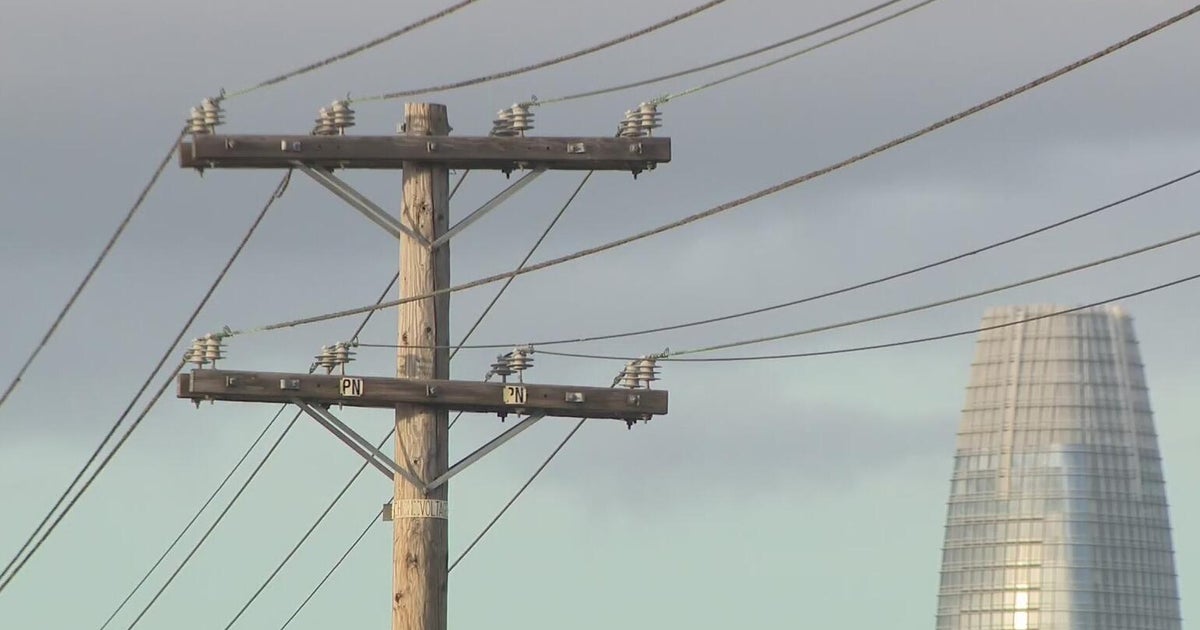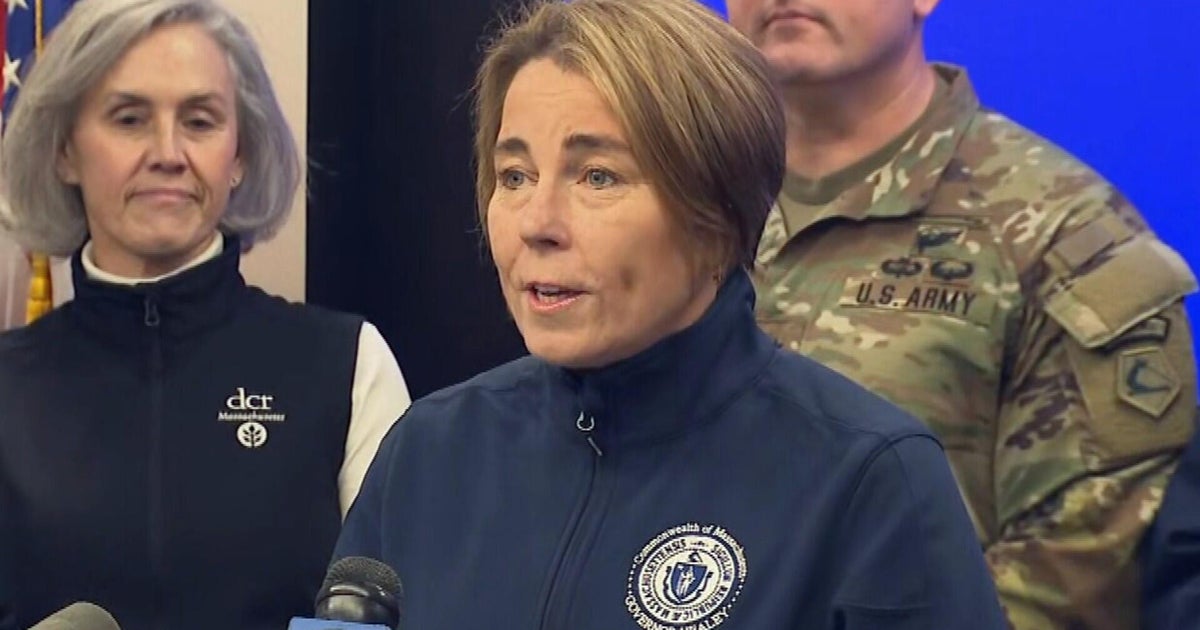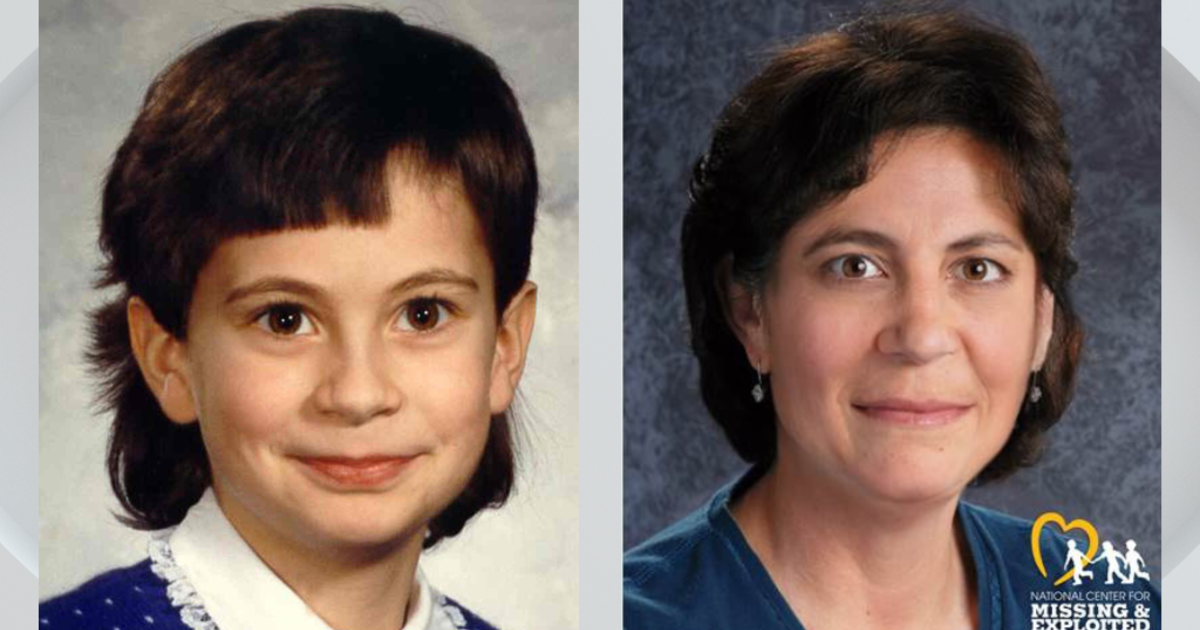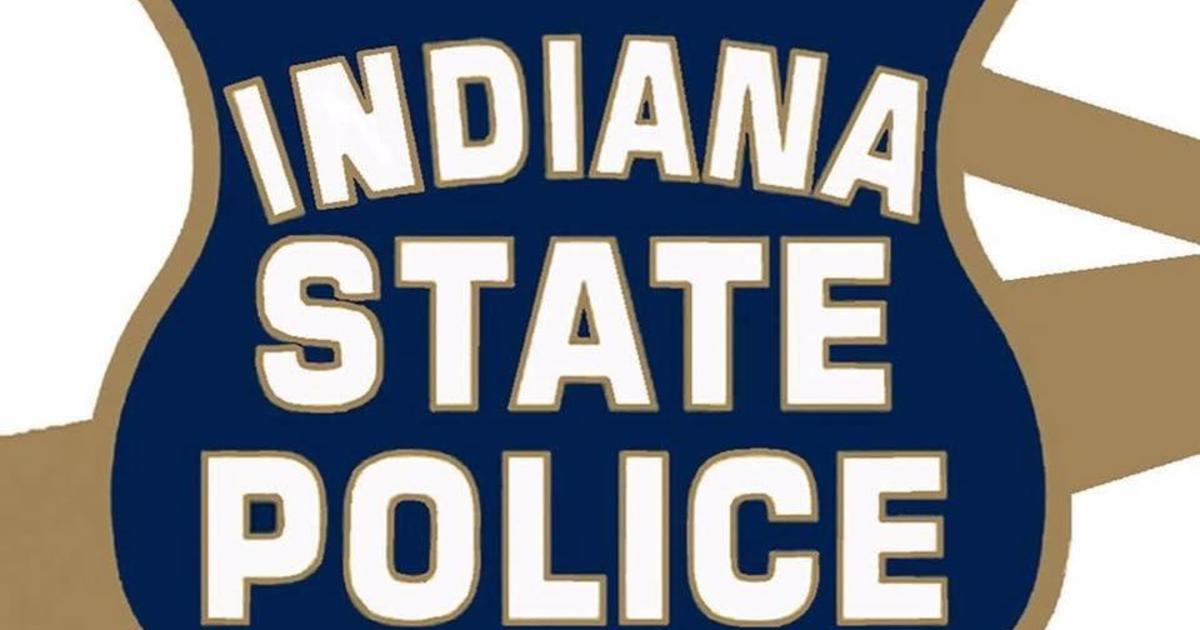New & Old Hurdles On Lawmakers' 2016 Agenda
ST. PAUL, Minn. (AP) — A to-do list with items new and old will confront Minnesota's politicians in 2016, from spending down a hefty new budget surplus to facing voters in November.
The Legislature isn't set to return until early March to talk tax cuts, transportation and more, but a possible special session could bring them back to St. Paul early.
And behind it all is the 2016 election, a driving force behind policies as parties hope to shore up support before voters head to the ballot box.
Here's a look at what's on the horizon in the next year of Minnesota politics.
SPECIAL SESSION?
The "Will they? Won't they?" surrounding a special session will spill over into 2016. Gov. Mark Dayton has suggested calling legislators back early for a short session before the Legislature resumes its normal business on March 8. Talks among legislative leaders started heating up as the year came to a close, but it's still unclear whether everyone is on board.
Senate Majority Leader Tom Bakk said a late-January session spread over several days may be in the cards. Dayton has asked legislative leaders for a firm answer by Jan. 8.
UNEMPLOYMENT
The state's unemployment rate has hit post-recession lows, but state officials are keying in on two groups who are still hurting: minority populations and laid-off steelworkers.
Miners out of work due to a tide of closures on the Iron Range have a prime spot on a possible special session agenda, as Dayton aims to extend their unemployment insurance.
Longstanding economic disparities between Minnesota's white and minority populations are in the mix, too, after unrest in north Minneapolis — where a black man was shot and killed by local police in November — brought those issues to the fore. Look for legislators to hash out just how best to address them.
REAL ID
Another possible special session candidate, the state's clash with the federal government over stronger driver's license standards has a big X-factor— residents may not be able to board domestic flights sometime next year.
The Department of Homeland Security hasn't said when it will require Real ID-compliant licenses for flights, but have told Dayton they'll give the state time to make some changes to ensure residents' travel isn't interrupted.
TAX RELIEF
Child care tax credits? Zero out Social Security income taxes for seniors? Eliminate cabin owners' statewide property taxes?
Among the many proposals circulating to capitalize on a $1.2 billion budget surplus, tax cuts may dominate the discussion in the Legislature's election-year session.
On the other side of the ledger, Dayton has declared dead his push for a gas tax increase to fund road and bridge repairs.
EARLY EDUCATION
Dayton drew a line on tax cuts early, insisting in December that the dollar figure dedicated to tax relief be matched by his own priority: early education programs.
Whether the Democratic governor will try to revive last year's failed push for universal preschool or build up a new package remains unclear. But Dayton says early education will remain a top priority.
TRANSPORTATION
The debate over roads and bridges isn't over.
Democrats and Republicans clashed over whether to raise gasoline taxes to cover needed fixes. Senate Democrats have made it clear they believe Dayton wrote the proposed increase's obituary prematurely.
As with last year, the two parties need to agree how to find $6 billion-plus for infrastructure repairs over the next decade.
BROADBAND
Dayton set a high bar for tapping into the budget surplus to plow more money into expanding broadband Internet access — $100 million. The proposal quickly fueled renewed talk among lawmakers and their constituents about helping get rural communities better Internet service.
ELECTION
No statewide candidates may make for a relatively sleepy election on the airwaves, but it will put the sole focus on the races for Statehouse control.
Look for Democrats to keep a sharp eye on interests in rural Minnesota, where they'll be defending a handful of seats that are key to maintaining their majority in the Senate.
Meanwhile, House Republicans will aim to stop the trend of two-year spurts of majorities — a much steeper challenge in presidential election years that can be a boon for Democratic voter turnout.
(© Copyright 2016 The Associated Press. All Rights Reserved. This material may not be published, broadcast, rewritten or redistributed.)






